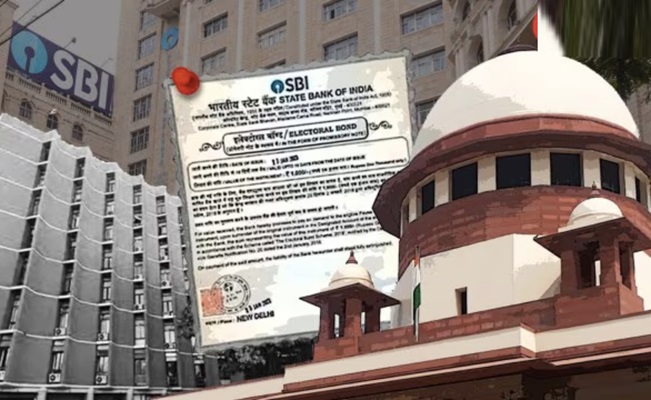
Special Articles

It is known how the issue of Electoral Bonds has been shaking the nation amidst the election fever everywhere.
The State Bank of India (SBI) has declined to disclose the Standard Operating Procedures (SOPs) related to the electoral bonds scheme despite a Right To Information (RTI) request filed by transparency activist Anjali Bhardwaj.
SBI's Deputy General Manager M Kanna Babu has cited Section 8-1-D of the RTI Act, claiming that the information falls under the exemption clause as its disclosure could harm the competitive position of a third party.
Bhardwaj criticized SBI's invocation of the exemption clause stating that the bank failed to demonstrate how the disclosure would adversely affect any third party's competitive position. She plans to challenge the denial in appeal.
This development follows the Supreme Court's reprimand of SBI for delaying the sharing of electoral bond details with the Election Commission of India.
In February the Court declared the electoral bonds scheme as unconstitutional.
Chief Justice of India DY Chandrachud deemed the scheme arbitrary and susceptible to fostering quid pro quo arrangements between political parties and donors.
The Court emphasized that electoral bonds are not the sole solution for curbing black money.
But PM Modi endorsed Electoral Bonds as the transparent of dealing things related to political funding.
But why SBI denied to disclose the information to the said activist is a question mark which leads to several conclusions and opinions.
Advertisment